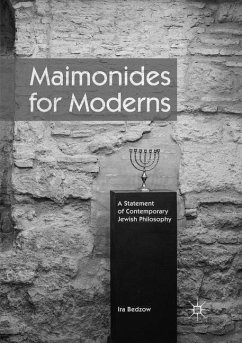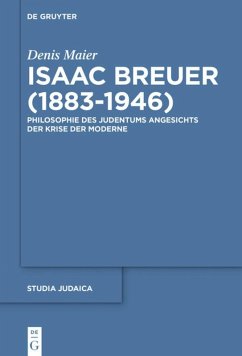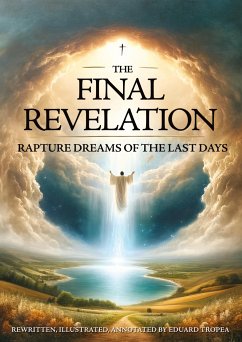
Evil, Fallenness, and Finitude

PAYBACK Punkte
38 °P sammeln!
This collection addresses the perennial philosophical and theological issues of human finitude and the potentiality for evil. The contributors approach these issues from perspectives in Continental philosophy relating to phenomenology, philosophical hermeneutics, rabbinical traditions, drawing upon the work of Immanuel Kant, Søren Kierkegaard, and Paul Ricoeur. While centering on the traditional theme of theodicy, this volume is also oriented to the phenomenology of religion, with contributions across religions and intellectual traditions.














